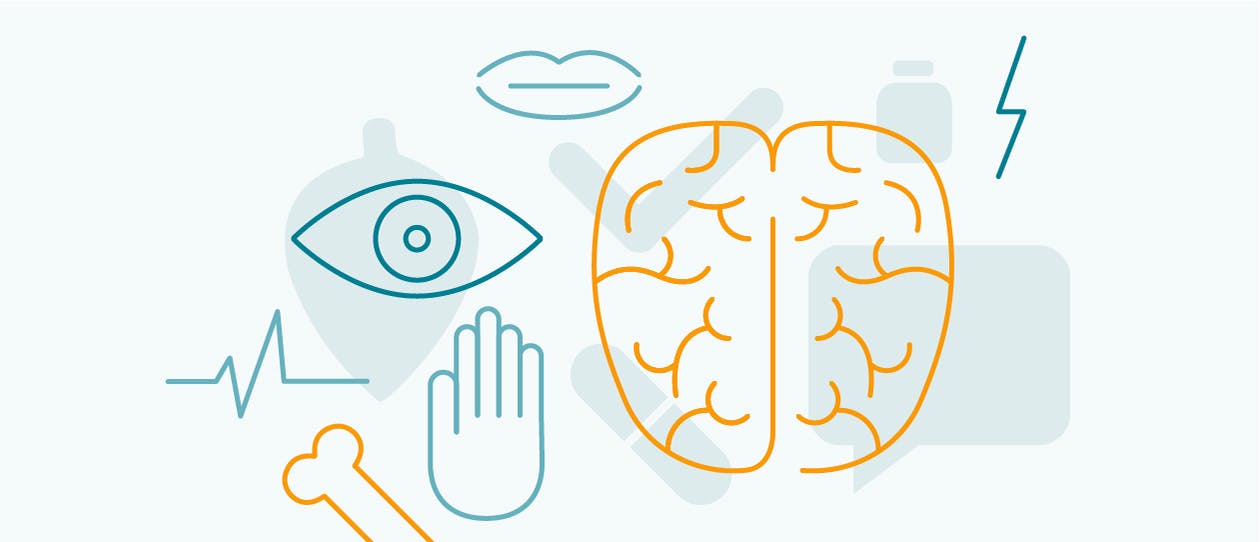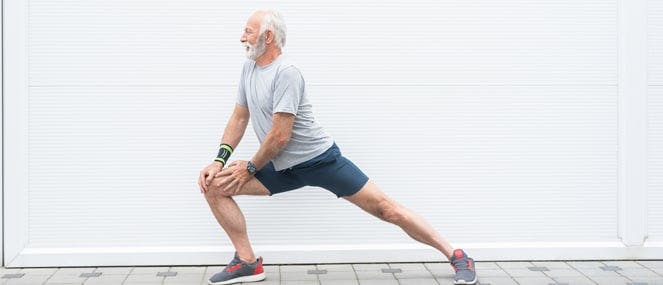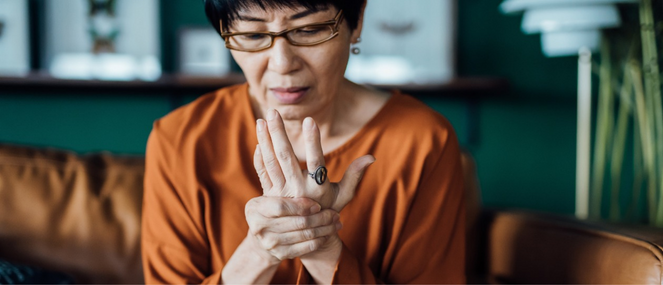


- Pain in the buttocks
- Tingling in the legs
- Pain on standing and walking, radiating down the leg
The pain is made worse by physical activity and in some cases is aggravated by normal body processes such as coughing or going to the toilet.
Anything which causes pressure on the sciatic nerve can cause sciatica, and the most common culprits are slipped disc and arthritis of the spine.
Other factors which may contribute to sciatica include:
- Poor posture
- Muscle strain
- Pregnancy
- Being overweight
- Constipation
- Spasm of the muscles which the nerves travel through (e.g. in the lower back and buttock)
Regular massage may help to relieve the pain of sciatica and prevent it recurring. Your massage therapist may recommend a heat rub or massage oil containing oil of wintergreen.
Many people have also found that acupuncture can help relieve the condition.
Try lying on the floor with a pillow under the lower back to relieve pressure on the spine. The use of a wheat-bag heat pack applied to the lower back may also help to reduce inflammation and pain.
Get as much bed rest as you can and try putting a hard board under your mattress for more support.
Be careful not to aggravate your condition by lifting heavy or bulky items, and remember to use your knees, not your back, to bend over.
Remember to warm-up and stretch your muscles before commencing any exercise activity.Sleep on a firm mattress on your back or side; avoid sleeping on your stomach which puts increased pressure on your spine.
Develop good posture habits and make sure your chair has firm back support. Try not to slouch and make sure your feet are flat on the floor.
Always use correct lifting Procedure when moving heavy objects, and use trolleys whenever possible.
Consult your healthcare professional if the pain is severe and doesn't respond to over-the-counter analgesics, or persists for more than three or four days.




